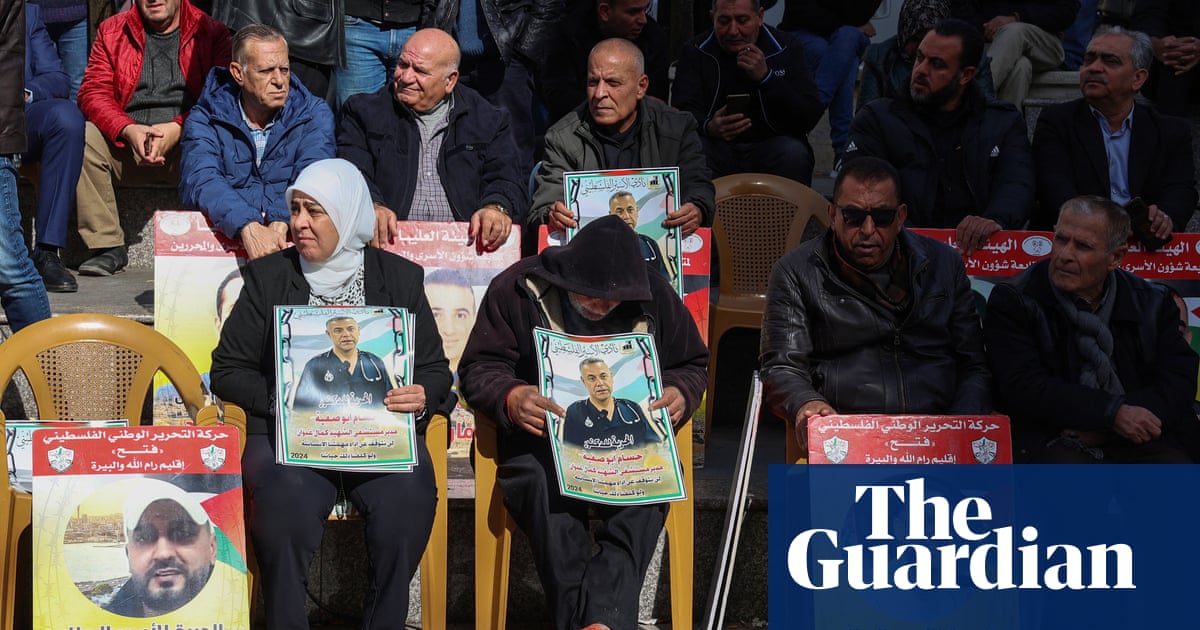 |
|
The recent ceasefire agreement between Hamas and Israel has ignited a wave of hope and anxiety among families of Palestinian prisoners held in Israeli jails. The deal, reached on Wednesday, stipulates the release of hundreds of Palestinian detainees in exchange for the liberation of Israeli hostages held in Gaza. This prisoner exchange, a complex and highly sensitive matter, marks a significant step towards de-escalation following the October 7th Hamas attack on Israel, and its subsequent consequences. The agreement's details reveal a tiered system for prisoner releases, with the initial phase focusing on the release of dozens of Palestinian prisoners as early as Sunday. This initial wave will include a mix of prisoners serving various sentences, adding layers of emotional intensity to the situation for families involved. The agreement also addresses the release of specific individuals, including two mentally ill Israelis held in Gaza for a decade. Their release, while important, is also highly sensitive due to their conditions and the specific conditions of their release.
The human cost of this conflict is profoundly evident in the stories of individuals like Mervat Moadi, whose husband Marwan has been imprisoned for over a decade, and Ahmed Mahmoud Abu Ghulous, whose son has been incarcerated for two decades. Their accounts underscore the agonizing wait and uncertainty experienced by families separated by conflict, highlighting the profound emotional toll this protracted conflict takes on individuals and families. Their narratives humanize the statistics of the thousands of Palestinians imprisoned over the years, and emphasize the crucial role of this prisoner release in the healing process. The emotional weight of this situation is not only reflected in the stories of those directly impacted but also permeates the broader Palestinian society, where imprisonment has been a long-standing aspect of the Israeli occupation. This context paints a poignant picture of a people's resilience amidst ongoing adversity. The inclusion of prisoners held under administrative detention, which allows for imprisonment without formal charges, further complicates the situation and raises concerns about due process and human rights.
The agreement’s intricacies extend beyond the immediate release of prisoners. The reported deportation of some West Bank prisoners to third countries like Turkey, Algeria, and Qatar, instead of allowing their return home, generates further complexities and raises questions about the implications for the displaced individuals and their families. The inclusion of individuals convicted of lesser offenses, such as expressing support for Hamas on social media, or those convicted of more serious crimes like involvement in violent attacks against Israeli citizens, further underscores the political and security dynamics at play. The Israeli government’s assertion that these measures comply with international law is contested by Palestinians who view imprisonment as a key component of Israel's occupation. The planned phasing of the prisoner release, with some high-profile political prisoners deferred to a later stage, indicates the delicate political balance and negotiation involved. The involvement of President-elect Donald Trump in reviving the stalled negotiations adds another layer to the complexities, highlighting the international dimensions of this conflict.
The overall impact of this prisoner exchange is multifaceted. While it promises to bring some families together, it also raises questions about lasting peace and reconciliation. The significant difference in the number of Israeli hostages released and Palestinian prisoners released is a point of contention for some critics. Likewise, the deferral of the release of high-profile political figures suggests potential long-term political challenges remain. The emotional toll on both Palestinian and Israeli families underlines the profound humanitarian costs of conflict, regardless of the political outcomes. The ongoing debates surrounding the legality and ethics of administrative detention and the conditions of the prisoners remain central to the broader discussion surrounding this process. Ultimately, while the agreement represents a step towards de-escalation and family reunions, the path towards lasting peace continues to be fraught with complex challenges. The long-term implications of this prisoner exchange, and the healing processes for families and communities, will undoubtedly be closely observed in the years to come. The success of this agreement in achieving lasting peace will ultimately depend on many factors, including addressing underlying causes of the conflict, and commitment from both sides to a more just and equitable future. The role of international actors, including the United States and other global players, will also continue to be crucial in mediating future conflicts and fostering an environment conducive to a lasting peace.
Source: Families await release of Palestinian prisoners after ceasefire deal
